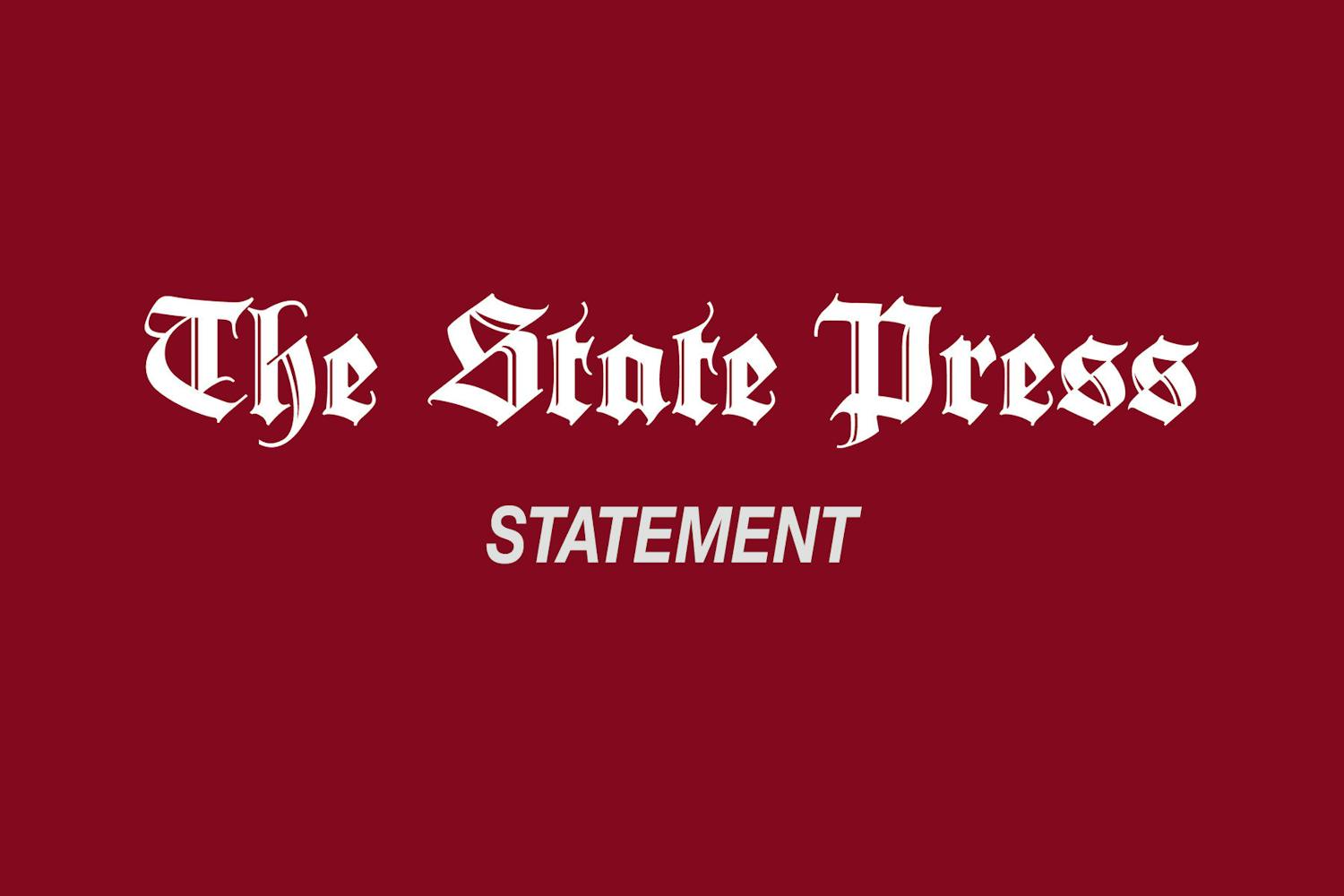The United States has never defaulted on its debts. A default, which will occur on Oct. 18 if Congress fails to raise the debt ceiling, will mean the U.S. government will not be able to take out any new loans because it will have reached the self-imposed limit.
The debt ceiling is a limit passed by Congress in which the government cannot take out any more money passed the specified amount. Without the ceiling being raised, the government will not be able to borrow enough money to pay off existing debts and fund government operations.
The federal government would be forced to cut back drastically on its expenses, putting at least six million jobs at risk and cutting stock markets by a third, according to one study.
Professor Dennis Hoffman from ASU's Department of Economics said that although a default was unlikely, ASU students would feel the effects through job losses, stock market prices falling and cuts to federal student aid if the default occurred.
"National defense, social programs, housing, medical, everything would have to be ultimately cut if we're going to stay at this level," Hoffman said. "Certainly pay, extending loans or payments to students."
Hoffman said the threat of default came sooner than expected because of former President Donald Trump's 2017 tax cuts and an increase in government spending from the 2020 CARES Act, an emergency stimulus bill in response to COVID-19.
READ MORE: ASU announces distribution plans for additional emergency relief funds
However, Hoffman said students have no reason to worry, as Congress will likely raise the debt ceiling.
"It's very unlikely (the default) will actually come to fruition," Hoffman said.
Hoffman said Congress could still act before things like student aid or national defense were significantly affected, even if the default occurred, although some programs like social security would be affected immediately.
James Strickland, an associate professor at the School of Politics and Global Studies, shared Hoffman's opinion about a default being highly unlikely in an emailed statement.
Strickland said Republicans may be trying to make Democrats appear wasteful by forcing them to lobby for increased government spending. However, Congress will act to prevent the default, he said.
"Given the economic consequences, I would be surprised if Congress failed to increase the debt ceiling," Strickland said in the email.
The potential default stems from Republicans' unwillingness to raise said debt ceiling.
With a 50-50 balance of power in the Senate, Democrats need support from every Democratic Senator to stave off a default.
On Sept. 27, Senate Republicans successfully defeated a measure which would have suspended the debt ceiling and eliminated the risk of default. Republicans support a short-term funding measure that would temporarily stave off the default without raising the debt ceiling.
Senate Minority Leader Mitch McConnell has promised that no Republican would support raising the debt ceiling, but said Democrats would manage to avoid the default on their own. Democrats have accused Senate Republicans of letting partisan politics get in the way of preventing economic devastation.
Professor Gustavo Ventura of ASU's Department of Economics also agreed the default is highly unlikely.
"The U.S. is not going to default, I'm not worried about it," Ventura said. "This is all part of the political chicken's game."
Ventura said the effects of a default, which could include falling bond prices and a collapse of the mortgage market, would be too dangerous for lawmakers not to act.
Ventura said since faith in the United States' ability to pay back its loans is high, the U.S. can afford to approach default without major economic effects so long as Congress acts before the Oct. 18 deadline.
"The U.S. is playing dangerous games because it can play dangerous games," Ventura said.
However, ASU students should still be concerned about the rapidly expanding deficit, Ventura said, which could affect the American economy in the future.
"Right now the debt to GDP ratio is at the level of World War II," Ventura said. "Unless we do anything different, it’s expected to continue to grow."
Ventura pointed to increases in government spending during the COVID-19 pandemic and automatic increases in Social Security and Medicare spending as causes of the rising deficit.
"Somebody has to hold the debt," Ventura said. "Nobody wants to have that discussion."
Reach the reporter at mphughe3@asu.edu and follow @MasonHu29413328 on Twitter.
Like The State Press on Facebook and follow @statepress on Twitter.
Continue supporting student journalism and donate to The State Press today.




